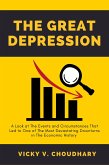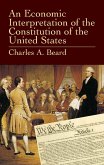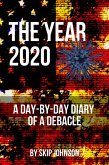The narrative continues with an in-depth examination of the housing bubble and the global financial crisis of 2008, highlighting the role of financial deregulation, subprime lending, and the Federal Reserve's monetary responses. The subsequent recovery period is analyzed through the lens of fiscal stimulus, quantitative easing, and growing income inequality. The COVID-19 pandemic's economic impact, characterized by unprecedented government interventions, remote work, and supply chain disruptions, is explored alongside the inflationary pressures of the post-pandemic recovery. The book also addresses critical themes such as the rise of the gig economy, digital globalization, and the contentious debates over labor protections and economic sovereignty.
A central focus is the evolving role of U.S. monetary and fiscal policy in navigating economic crises, balancing global leadership with domestic priorities, and addressing structural inequities. The study also examines the transition toward a green economy, shaped by climate policy, technological innovation, and international competition, as well as the complex geopolitical dynamics of U.S.-China economic relations.
Through detailed historical analysis, primary source commentary, and the perspectives of leading economists and policymakers, this work offers a nuanced account of how economic policy has shaped American society and its global standing. It highlights the enduring tensions between growth and equity, markets and regulation, and national priorities and global interdependence, shedding light on the choices that continue to define the future of the U.S. economy.
Dieser Download kann aus rechtlichen Gründen nur mit Rechnungsadresse in A, B, CY, CZ, D, DK, EW, E, FIN, F, GR, H, IRL, I, LT, L, LR, M, NL, PL, P, R, S, SLO, SK ausgeliefert werden.









